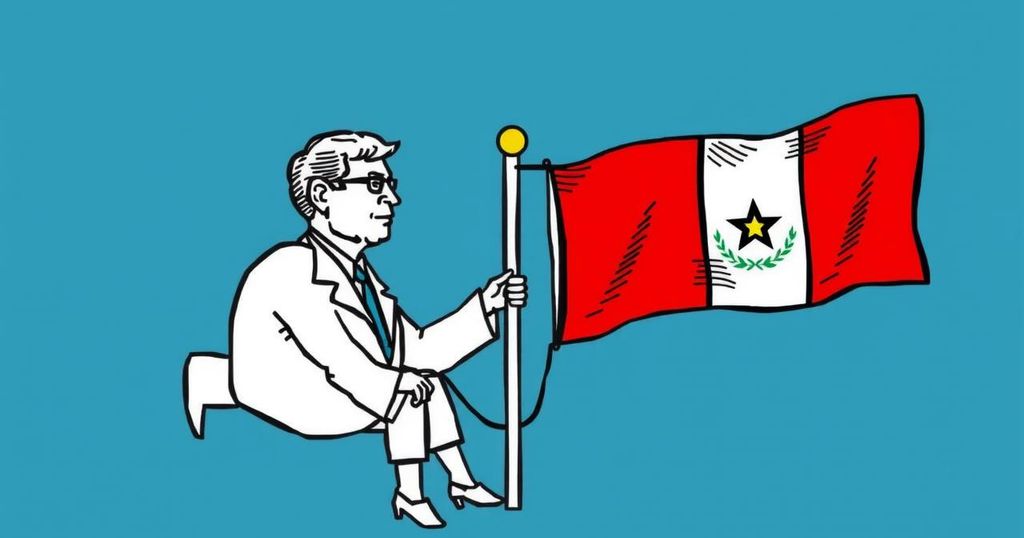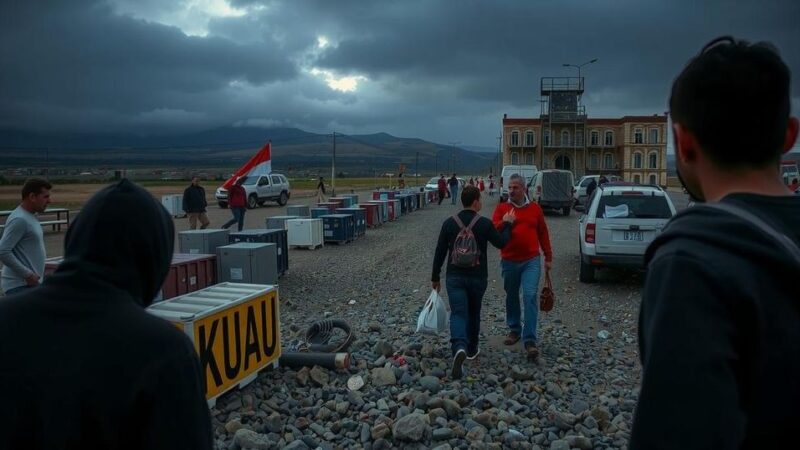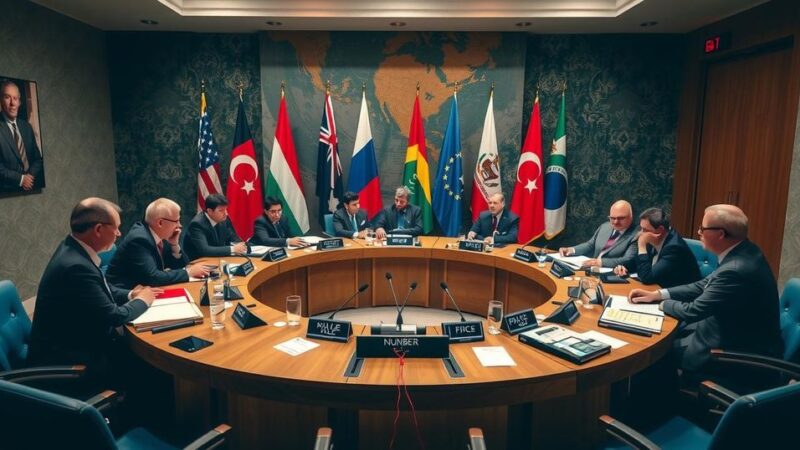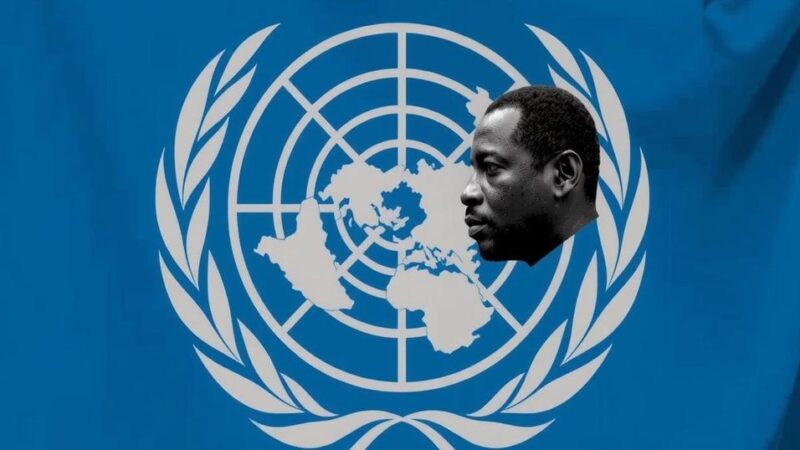Panama has suspended diplomatic relations with the self-proclaimed SADR, endorsing a UN-led resolution for the Sahara dispute. This action aligns with a trend of countries withdrawing recognition of the Polisario Front as Morocco’s Autonomy Plan gains international support, indicating shifting geopolitical dynamics in the region.
The Republic of Panama has officially suspended diplomatic relations with the self-declared “Sahrawi Arab Democratic Republic” (SADR), a separatist entity governed by the Polisario Front, which operates out of the Tindouf camps in Algeria. This action, announced by the Panamanian Ministry of Foreign Affairs, is immediate and reflects Panama’s dedication to a constructive foreign policy, as well as its support for United Nations-led initiatives aimed at resolving the Sahara conflict peacefully.
In the statement, Panama underscored its commitment to the fundamental principles guiding its foreign relations, emphasizing multilateralism and support for the Secretary General and the broader international community. The decision follows a growing trend of nations reevaluating their ties with the Polisario Front and the SADR, as Morocco’s sovereignty over Western Sahara gains increased recognition and support.
Algeria’s backing of the Polisario Front has been noted as a significant destabilizing factor in the region, contributing to heightened tensions and security threats against Morocco. The recent suspensions of diplomatic recognition from various countries, including a notable withdrawal by Ecuador, further diminish the legitimacy of the Polisario Front’s claims.
There is a palpable shift in the international perspective regarding the conflict, as Morocco’s Autonomy Plan is being recognized by an increasing number of countries. Presently, support for this plan includes acknowledgment from 20 EU nations and approximately 100 countries globally, reinforcing Morocco’s position in the dispute.
Panama’s decision symbolizes a proactive stance as part of a broader trend favoring Morocco’s interests, amidst Algeria and the Polisario Front’s ongoing challenges in advancing their agenda in the Sahara region.
Overall, the evolving geopolitical landscape reflects a growing alignment toward a peaceful resolution of the Sahara dispute, with significant implications for regional stability and international diplomacy.
The situation in Western Sahara has been a point of contention between Morocco and the Polisario Front, which advocates for the region’s independence. The Polisario Front claims to represent the Sahrawi people and has established the SADR, which is primarily supported by Algeria. In recent years, the international community has witnessed an increasing number of countries reassessing their diplomatic relations with the Polisario, in light of Morocco’s continued push for its Autonomy Plan, deemed by many as the most viable solution to the long-standing conflict over Western Sahara. This renewed diplomatic focus indicates a shift in the balance of support away from the Polisario Front and towards Morocco.
In conclusion, Panama’s suspension of diplomatic ties with the SADR marks a significant development in the ongoing Sahara dispute. This decision reflects a broader trend of nations aligning with Morocco’s interests and recognizes the growing support for its Autonomy Plan as a potential resolution. As more countries withdraw recognition from the Polisario Front and reaffirm their commitment to a UN-led resolution, the landscape of international relations concerning this issue continues to evolve in favor of Morocco, indicating a potential shift towards stability in the region.
Original Source: www.moroccoworldnews.com






